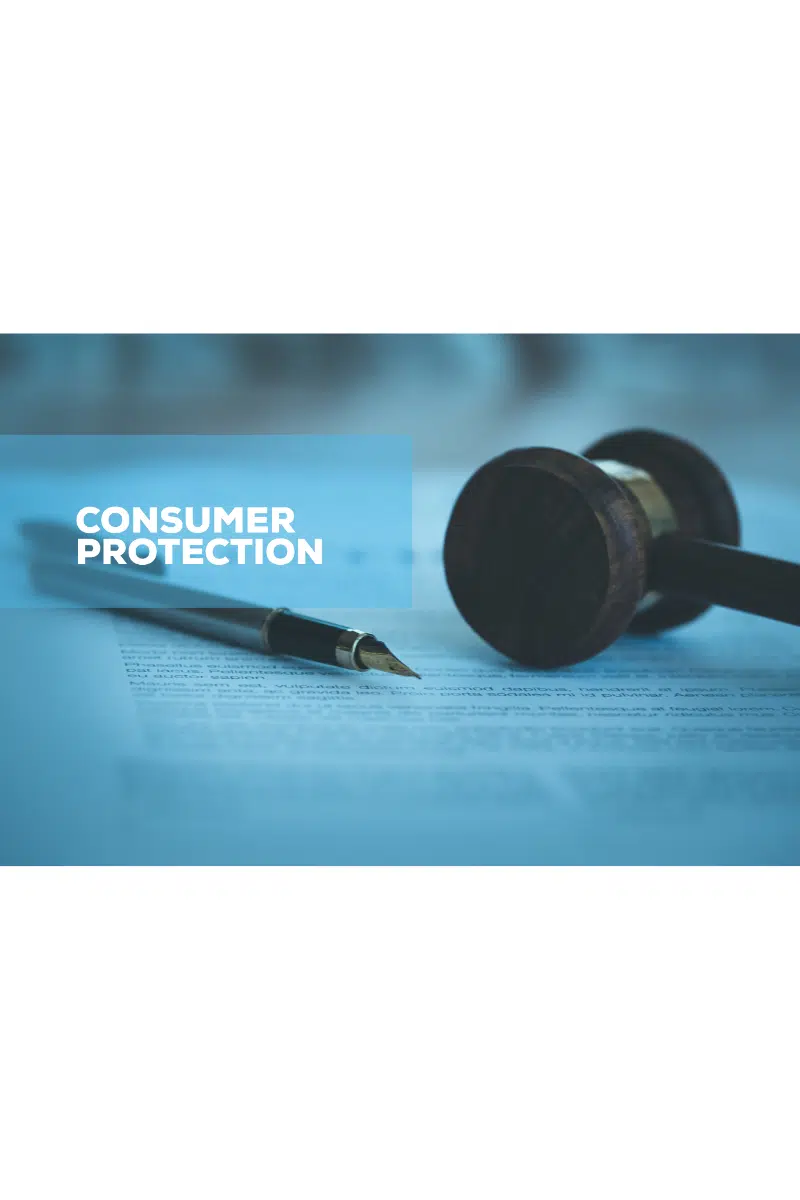
The scary thing about this complaint is that it’s the first time that the CFPB decided to go after a third party who provides substantial assistance to credit repair business that violate the TSR. The complaint was pretty good and focused solely against Daniel Rosen and his company.
Rosen and Credit Repair Cloud hired smart lawyers who filed a Motion to dismiss claiming, among other things that:
- CRC is a humble software company that provides nothing more than “word processing and customer management software”
- CFPB does not have authority under the TSR, because the Credit Repair Organization Act (“CROA”) trumps the TSR.
- CFPB did not identity any CRC user who was violating the TSR.
The CFPB filed an Amended Complaint listing 4 CRC users.
On January 17, 2022, the CFPB filed a First Amended Complaint and identified 4 CRC users who routinely and regularly violate the TSR. They identified them as “User A”, “User B”, etc. They also identified “at least 80 additional CRC Users that have advertised with telephone numbers. This should be more than enough to satisfy the court that this case should proceed towards trial on the CFPB’s theory of providing substantial support to those who violate the TSR.
Something else you should note is that all 4 users were identified as having charged an audit fee, which is almost universal in the paid credit repair industry. It also noted that these users charged a “monthly fee.” This is enough to put not only CRC in trouble, but these users of CRC.
Who is next on the CFPB’s hit parade?
If you are providing credit repair services for which you are charging a monthly fee or you are selling these services on behalf of a multilevel marketing company, you are probably in line for a lawsuit by the CFPB.
If you sell services for a multilevel marketing company that includes credit repair, you are at risk.
From 2018 into early 2020, I worked with a multilevel marketing company and took their referrals as their official credit repair law firm. Recently, I then learned that this company was not compliant with the TSRs even though it had a non profit group attached to it. I stopped accepting these referrals immediately unless it agreed to become compliant with the TSR. It has refused to do so. I have refused to take any referrals from it ever since. For my part, I refuse to break the law and put myself and my law firm in jeopardy. I don’t like this law, but I have to respect it and so does everyone else.
Failing to comply with the TSRs puts the MLM, its owners and its agents, all at risk. You see, the CFPB is now going after those who provide substantial support to credit repair companies. This First Amended Complaint is but merely one of the dots that it will connect. The question is to whom the line of liability will eventually lead.
Paying for credit repair is a mistake
If you have errors on your credit report, contact us at Credit Repair Lawyers of America at (404) 591-6680 or email us at [email protected]. We fix credit reports at no out of pocket charge to our clients. We charge our fees and costs to the bad guys.
